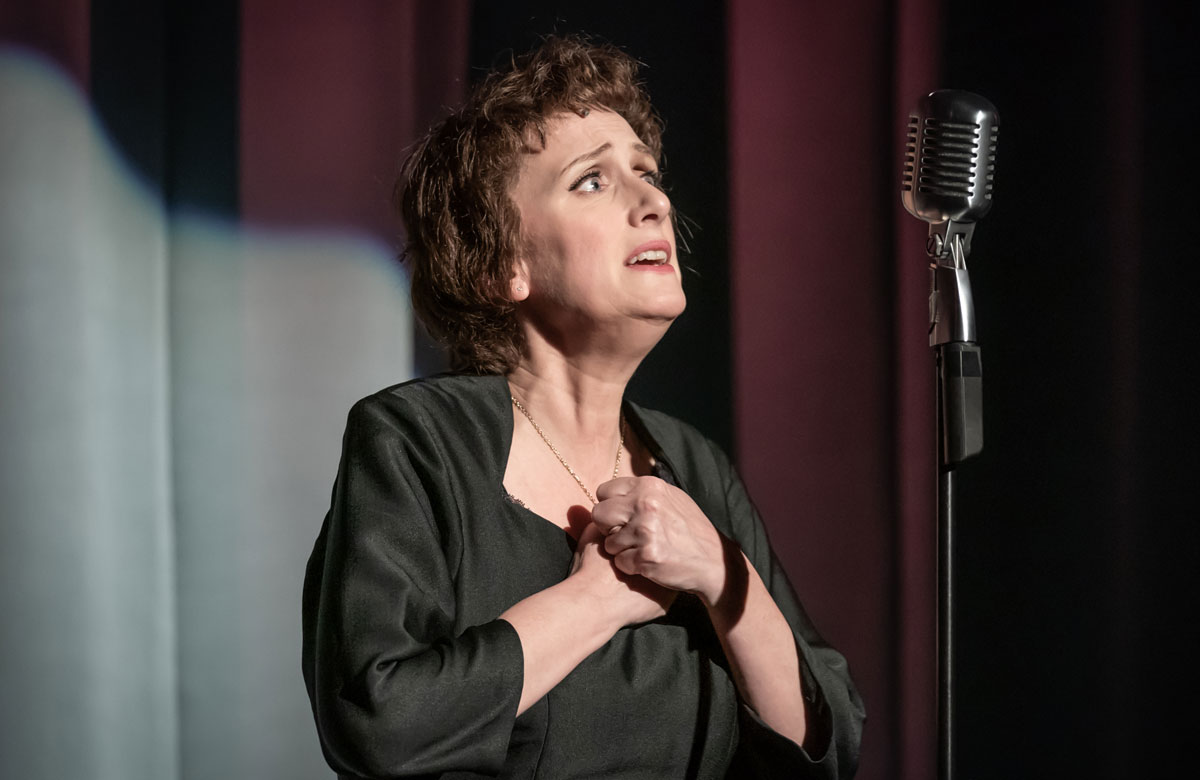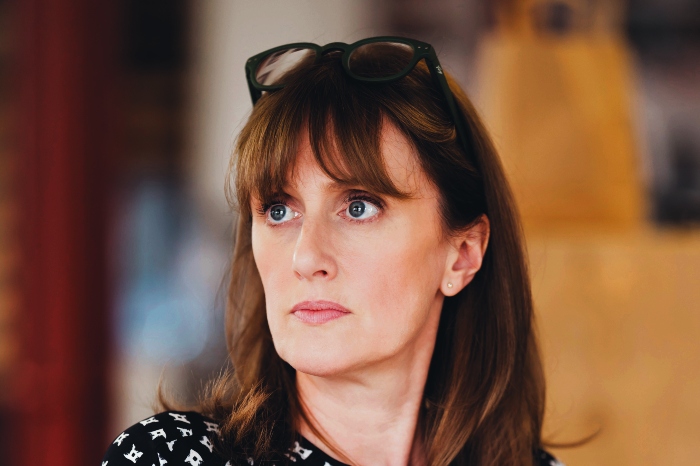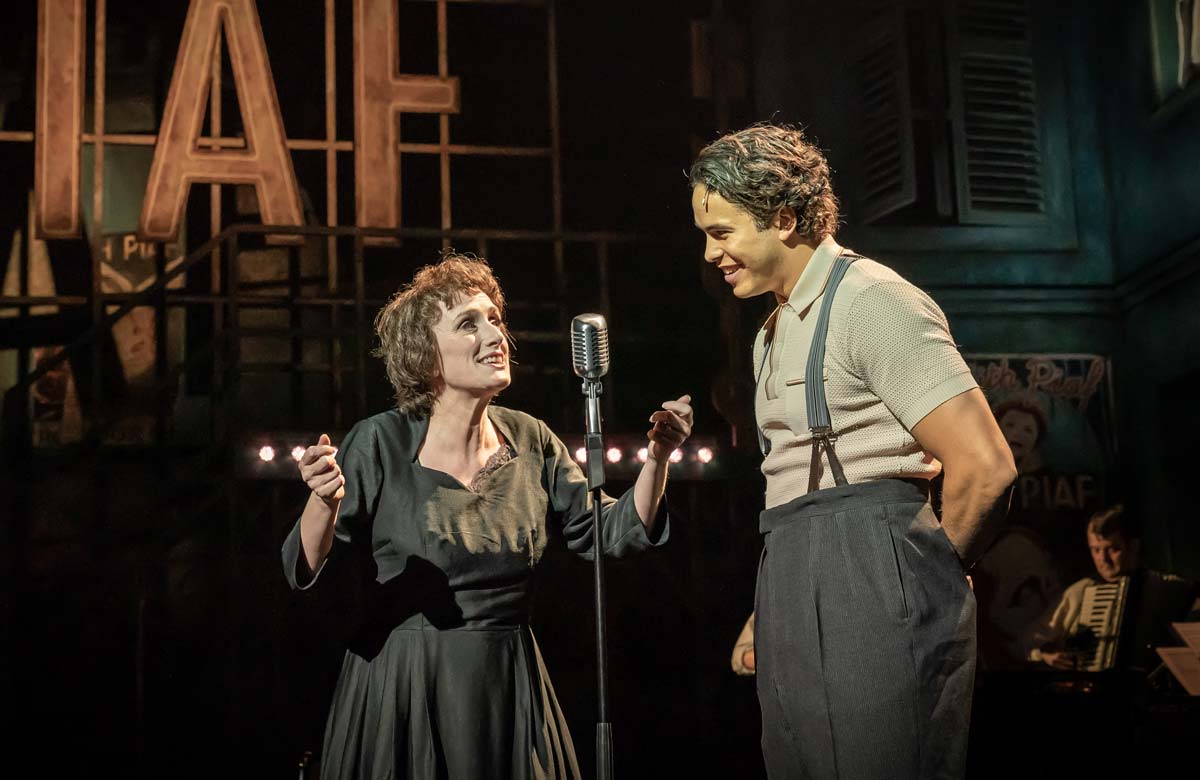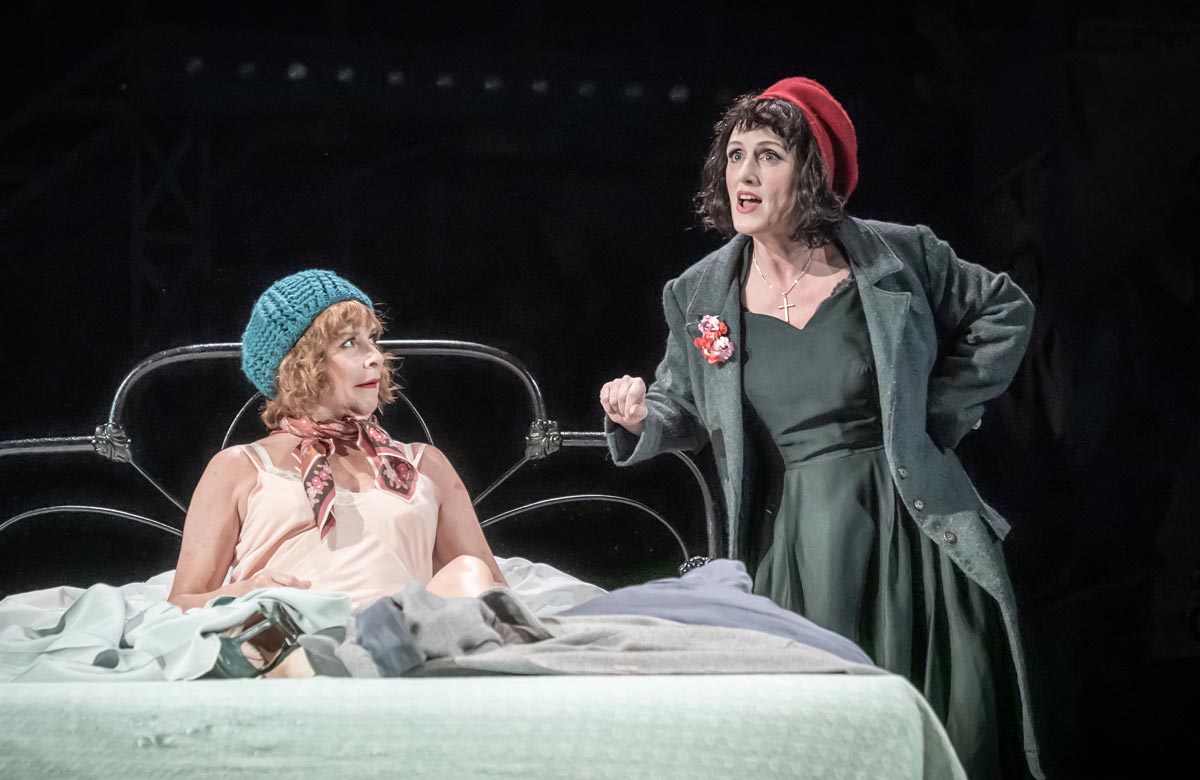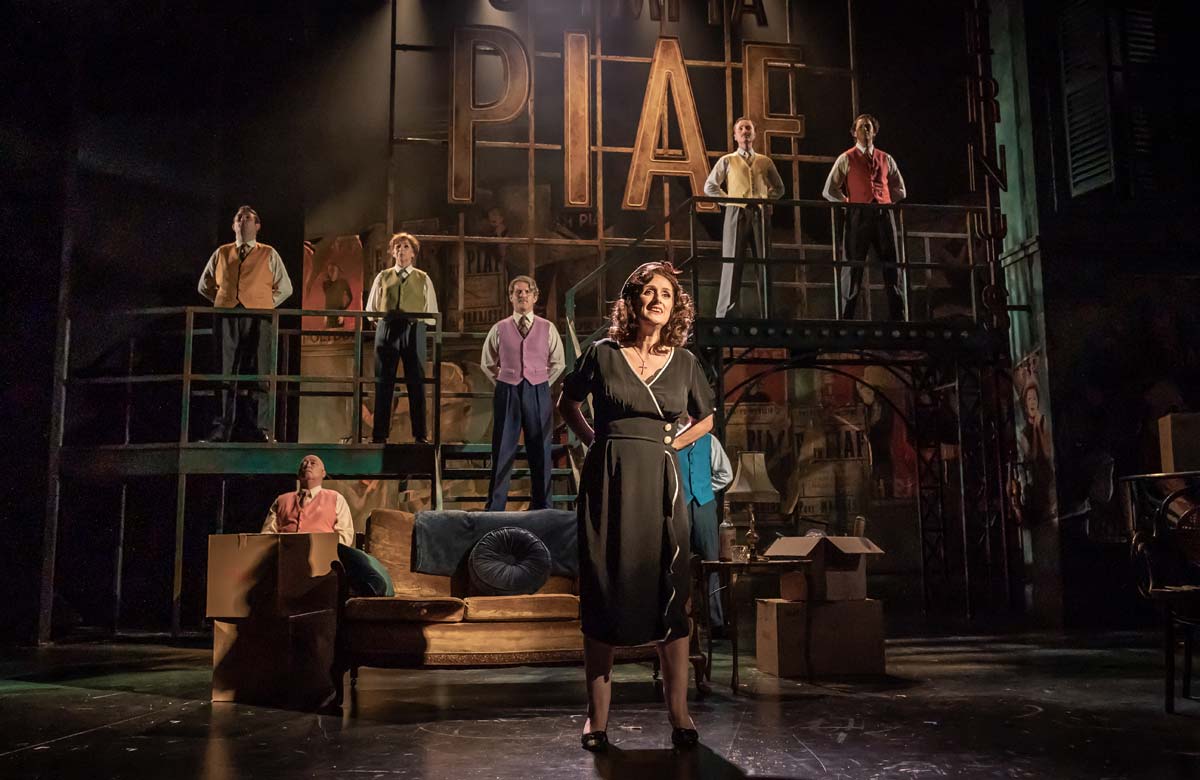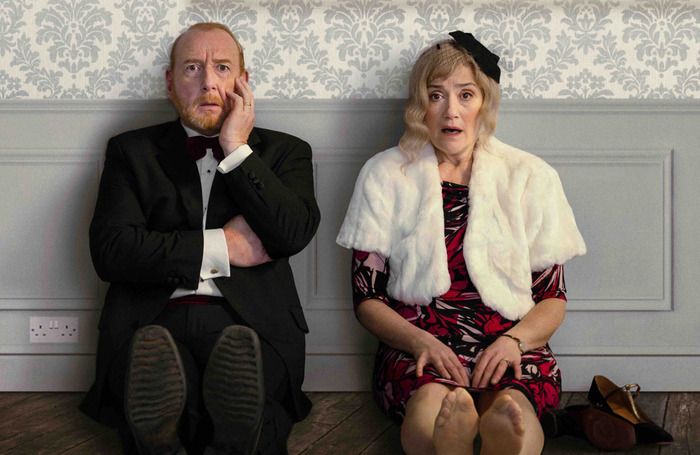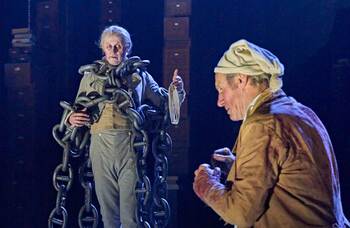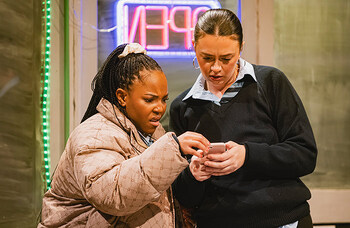 Natasha Tripney
Natasha TripneyNatasha is international editor for The Stage. She co-founded Exeunt magazine and regularly writes for the Guardian and the BBC.
Jenna Russell’s warm performance is the best thing in this by-numbers play about the life of Edith Piaf
There are few songs that convey as much pride and defiance as Edith Piaf’s iconic Non, Je Ne Regrette Rien. There are whole oceans in her delivery of those lyrics – resilience, strength, spirit. Pam Gems’ 1978 play about her life makes you wait for this moment of catharsis, sketching in her hard start, her loves, lusts, vices and her demise. Hers was a life packed with incident and yet the episodic nature of the play manages to sap some of the force from her story.
Piaf was brought up in a brothel and came to fame after being spotted singing on the streets of Pigalle. She went on to become the highest-paid female singer in the world, bringing a Carnegie Hall audience to its feet, though the play makes it feel as if her life off stage was basically a string of affairs, addictions and accidents until her death at the age of 47.
It’s a clunky play in many ways. The dialogue often strains under the weight of exposition and, to convey Parisian street-speak, the characters often bellow Cockney curse words like characters in a Guy Ritchie film (albeit an imaginary one in which women exist as more than molls and playthings). Its success rests on the lead performance and perhaps the reason that it’s revived so often reflects on the dearth of meaty lead roles for women.
Fortunately Jenna Russell is a warm and engaging actor. While she doesn’t quite capture the hunger of the younger Piaf – the abrasive, gutter-tongued energy of someone accustomed to hardship and struggle from the cradle – she twinkles deliciously when in bed with her handsome boxer lover and conveys her poignantly rapid decline, pain-wracked, morphine-addled and old before her time. She doesn’t ever attempt to impersonate Piaf’s distinctive vocal style, but still brings out the emotion of the songs.
While there are a couple of moving moments between Sally Ann Triplett, as her brash friend Toine, especially when the two encounter each other in later life, the play provides only the briefest of glimpses of her other relationships, with Marlene Dietrich (an underused Laura Pitt-Pulford) and Charles Aznavour. The Second World War whistles by in minutes with a joke about giving sexual relief to the Bosch.
Adam Penford’s production, postponed from last year, struggles to create any real sense of intimacy and feels padded out at almost two and half hours (the Donmar Warehouse production, starring a blazing Elena Roger, got it all done in 90 minutes).
Piaf remains inaccessible despite Russell’s best efforts. She gives a strong, polished performance, rather than an inhabitation, and we never get under her skin. Frankie Bradshaw’s set also feels a bit warehouse-y, adding to the sense of detachment. Only when Piaf takes hesitant steps towards the microphone do its wings start to flutter.
More about this organisation
More Reviews
Recommended for you
Most Read
Across The Stage this weekYour subscription helps ensure our journalism can continue
Invest in The Stage today with a subscription starting at just £7.99
